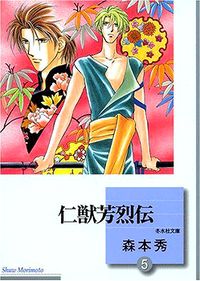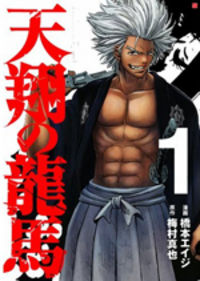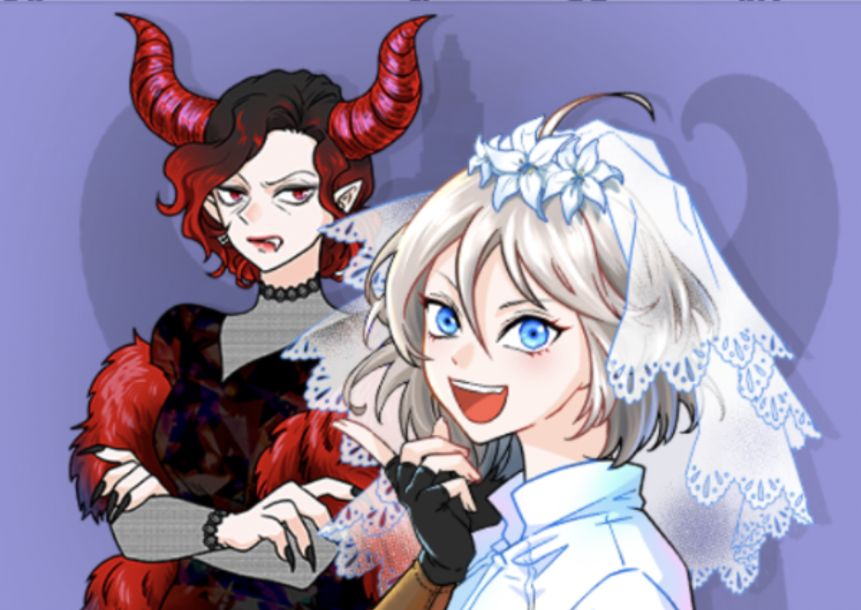
The White Knight
by Caitriona Drexler
In the aftermath of tragedy, Guin faces a difficult choice: to follow her heart or her duty.
Having lost her husband, Lancelot, Guin feels stuck and alone in a time so far from her own, with no family or friends to rely upon. Grief is no stranger to the White Enchantress. But when King Arthur offers her his hand in marriage, Guin must decide to put her grief aside or wallow in it for the rest of her life.
After the birth of her son, Galahad, Guin takes refuge in the home she once shared with Lancelot, hoping against all odds that he will return. She struggles to decide whether to fulfill her destiny as the legendary Queen Guinevere or follow her heart and remain loyal to Lancelot, even in his death.
As the years go by and doubt creeps in, King Arthur slowly works his way into Guin’s heart. But as fate would have it, their paths are not meant to be easy, and the futures they have built for themselves are not as legend has written them to be. With the threat of danger in every move she makes, Guin must navigate the treacherous waters of love, loyalty, and duty.
Will she choose to follow her heart and risk it all, or will she embrace her new life with King Arthur and the hope of a brighter future? Only time will tell in this epic tale of love, loss, and destiny.
.
Read
The White Knight on http://kissnovel.net
Martial Peak Reviews
Caitriona Drexler's The White Knight is a compelling reimagining of the Arthurian legends, focusing on the emotional and psychological journey of Guinevere, or Guin, as she navigates the complexities of love, duty, and destiny. This novel offers a fresh perspective on a well-trodden mythos, breathing new life into characters that have been part of the literary landscape for centuries.
At the heart of the story is Guin, a character often overshadowed by the legendary figures of King Arthur and Lancelot. Drexler's portrayal of Guin is both nuanced and empathetic, presenting her as a woman caught between the expectations of her role and her personal desires. The novel opens with Guin grappling with the loss of her husband, Lancelot, a tragedy that leaves her feeling isolated and adrift in a time that is not her own. This sense of displacement is a recurring theme throughout the book, highlighting the tension between Guin's past and her uncertain future.
The character development in The White Knight is one of its strongest aspects. Guin is portrayed as a multifaceted character, whose internal struggles are depicted with sensitivity and depth. Her grief is palpable, and her journey towards healing and acceptance is both poignant and relatable. As she contemplates King Arthur's proposal, readers are drawn into her inner conflict, torn between her loyalty to Lancelot and the possibility of a new beginning with Arthur. This emotional turmoil is rendered with a deft touch, making Guin's eventual decisions feel both inevitable and surprising.
King Arthur, too, is given a fresh interpretation in Drexler's narrative. Often depicted as a paragon of virtue and leadership, Arthur here is shown as a man with his own vulnerabilities and desires. His gradual courtship of Guin is portrayed with subtlety and grace, allowing readers to see the genuine affection and respect he holds for her. This portrayal adds layers to his character, making him more relatable and human than the often idealized versions found in traditional retellings.
The novel's exploration of themes such as love, loss, and destiny is both thoughtful and engaging. Drexler delves into the idea of destiny not as a fixed path but as a series of choices that shape one's future. This theme is particularly resonant in Guin's story, as she grapples with the expectations placed upon her as the legendary Queen Guinevere. The tension between following one's heart and fulfilling one's duty is a central conflict, and Drexler handles it with a delicate balance, allowing readers to empathize with Guin's predicament.
In terms of narrative structure, The White Knight is well-paced, with a blend of introspective moments and action-driven scenes that keep the reader engaged. The prose is elegant and evocative, capturing the medieval setting with vivid detail while maintaining a modern sensibility that makes the story accessible to contemporary readers. Drexler's ability to weave historical elements with fictional embellishments is commendable, creating a rich tapestry that feels both authentic and imaginative.
Comparatively, The White Knight stands alongside other modern retellings of Arthurian legends, such as Marion Zimmer Bradley's The Mists of Avalon and T.H. White's The Once and Future King. While Bradley's work focuses on the female perspective within the Arthurian world, Drexler's novel narrows its lens to Guin's personal journey, offering a more intimate exploration of her character. Similarly, where White's narrative is expansive and often satirical, Drexler's approach is more introspective and emotionally driven.
Overall, The White Knight is a captivating addition to the canon of Arthurian literature. Caitriona Drexler has crafted a story that is both timeless and timely, exploring universal themes through the lens of legendary characters. The novel's impact lies in its ability to resonate with readers on a personal level, inviting them to reflect on their own experiences of love, loss, and the choices that define their destinies.
For those who appreciate character-driven narratives and enjoy reimagined tales of myth and legend, The White Knight is a must-read. It offers a fresh perspective on familiar stories, inviting readers to see these iconic characters in a new light. Whether you are a long-time fan of Arthurian legends or new to the genre, Drexler's novel promises an engaging and thought-provoking journey.
























Reviews 0
Post a Reviews: